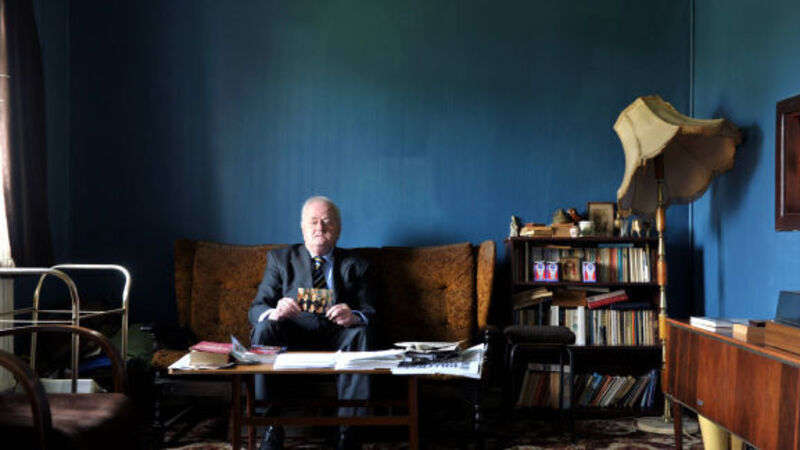Custodial sentencing: A father’s long battle for justice for his daughter

DONAL points to a hatch in the wall connecting two rooms as he remembers a moment from his daughter’s life.
“I’d often be in there in the adjoining room looking through the hatch and she’d be in here jiving around,” he says, a smile curling across his face. “Like any teenager, she loved the music. When she see me, she’d stop.”













